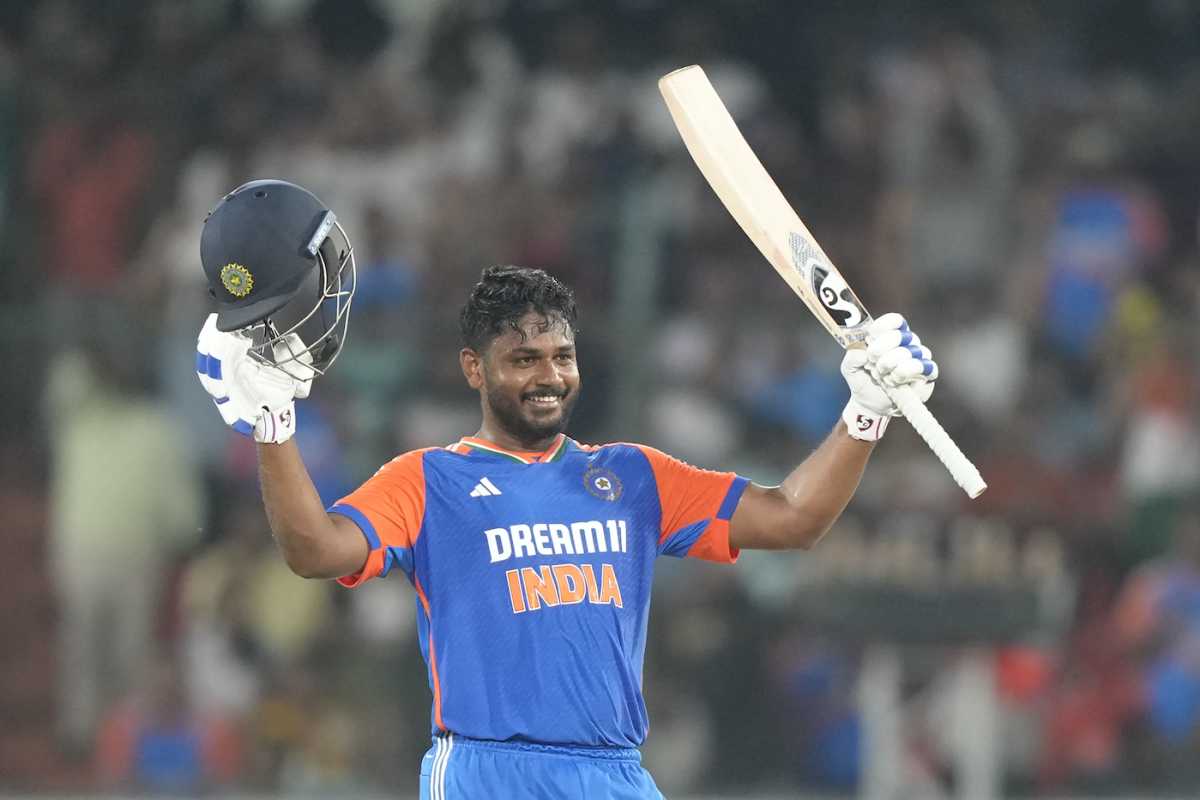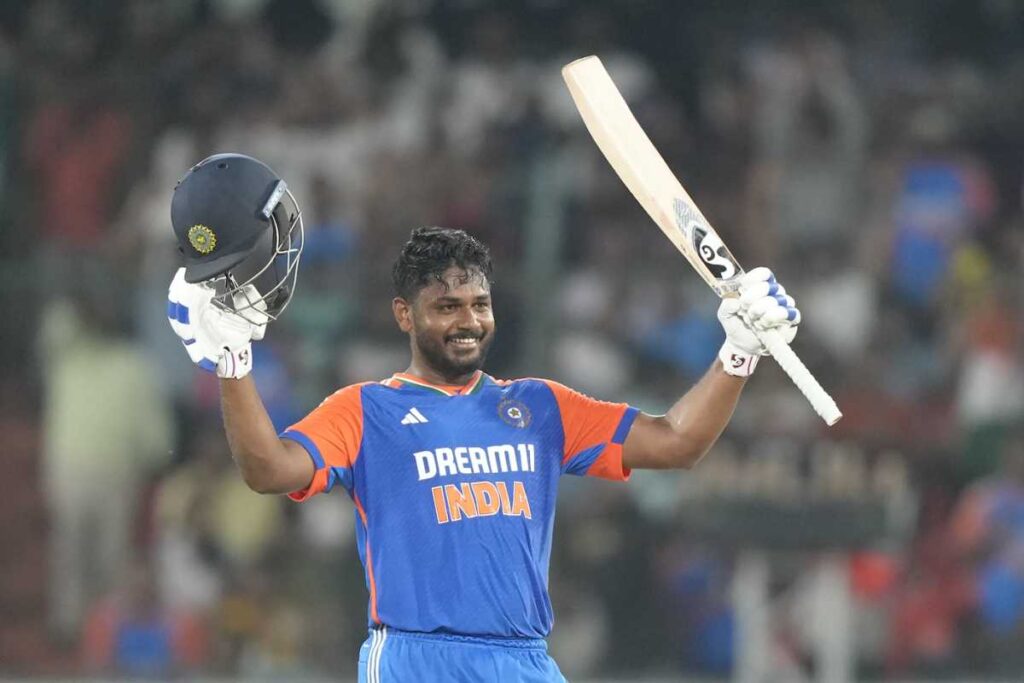
India’s wicketkeeper-batter Sanju Samson has been named the captain of the Kerala senior men’s cricket team for the upcoming Syed Mushtaq Ali Trophy 2025-26. The Kerala Cricket Association confirmed this in an official release and announced that the squad will leave for Lucknow on November 22 from Indore.
This domestic T20 tournament is part of Elite Group A and will be held in Lucknow from November 26 to December 8, 2025.
The 31-year-old was recently involved in a major Indian Premier League trade. He got traded from Rajasthan Royals (RR) to Chennai Super Kings (CSK). This move also saw Ravindra Jadeja and Sam Curran move to RR, making it one of the biggest trades of the IPL season.
Samson was also part of India’s winning squad at the Asia Cup T20 in the UAE earlier this year, where he scored 132 runs in four innings. This tournament will be important for him as he looks to secure his spot in the upcoming ICC Men’s T20 World Cup 2026.
Former India batter Amay Khurasia will be the coach of the squad. Several promising players, including VigneshPuthur, Mohammed Azharuddeen M, and Rohan S Kunnummal, will also be part of the team.
Kerala Squad:
Sanju V Samson (C)(WK), Rohan S Kunnummal, Mohammed Azharuddeen M (WK), Ahammed Imran(VC), Vishnu Vinod (WK), Nidheesh M.D, Asif KM, AkhilScaria, Biju Narayanan N., Ankit Sharma, Krishna Devan R.J, Abdul Bazith P.A, Sharafuddeen N.M, SibinP Gireesh, Krishna Prasad, Saly V Samson, VigneshPuthur, Salman Nizar.
For latest sports updates: Follow RevSportz




